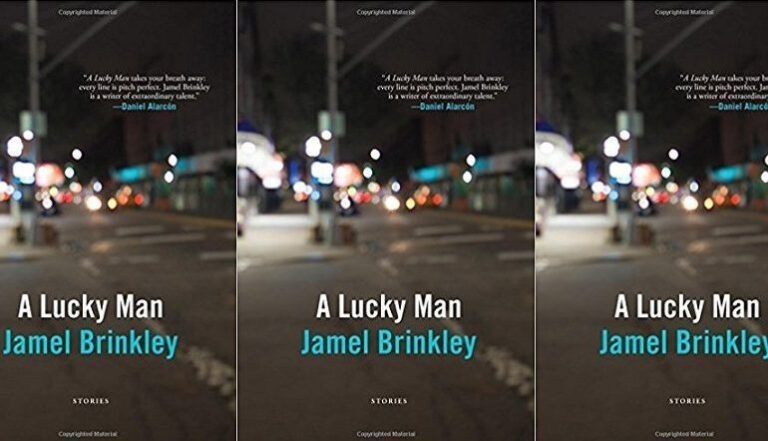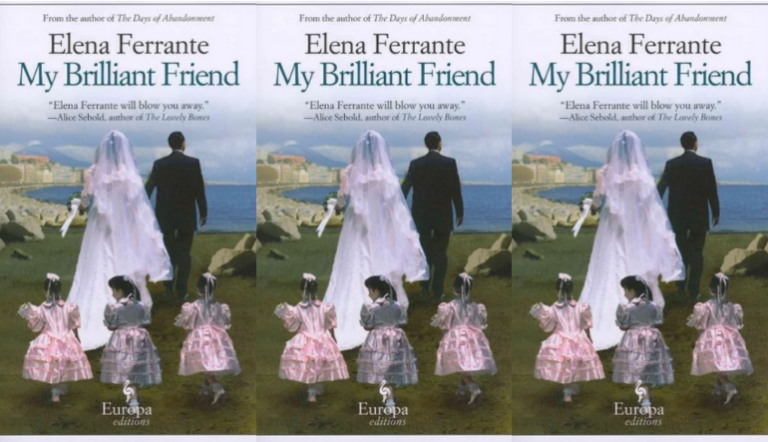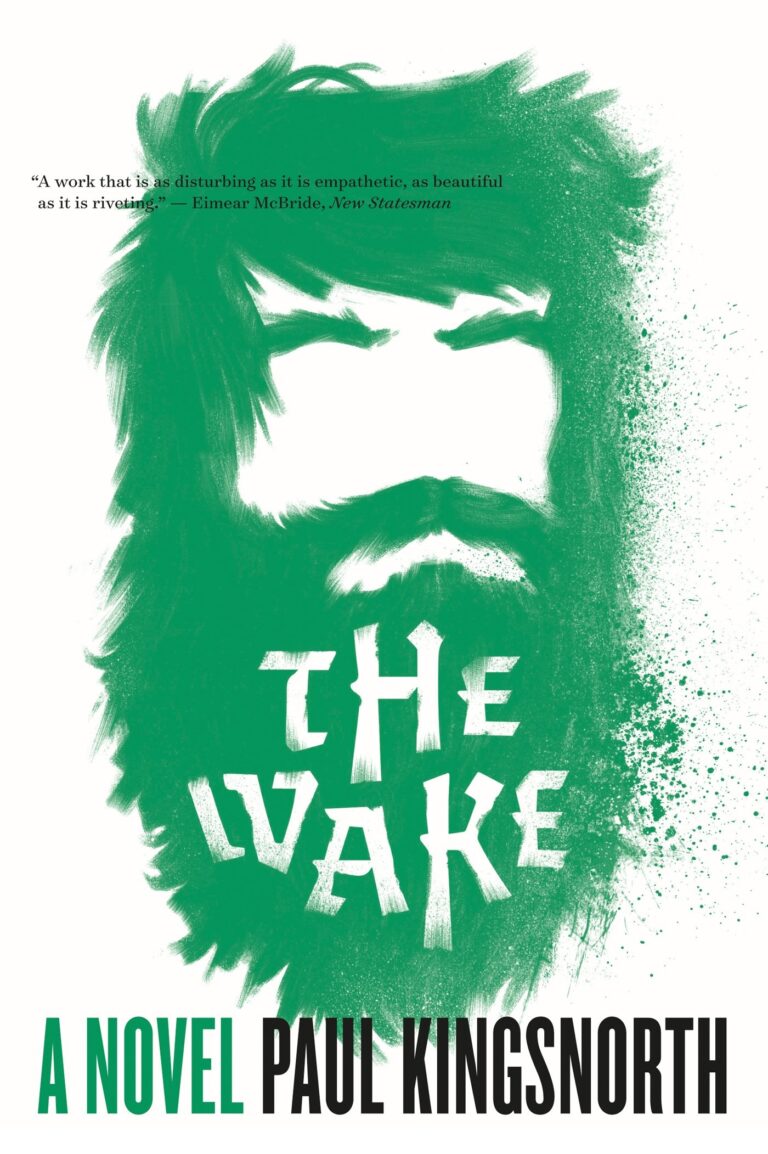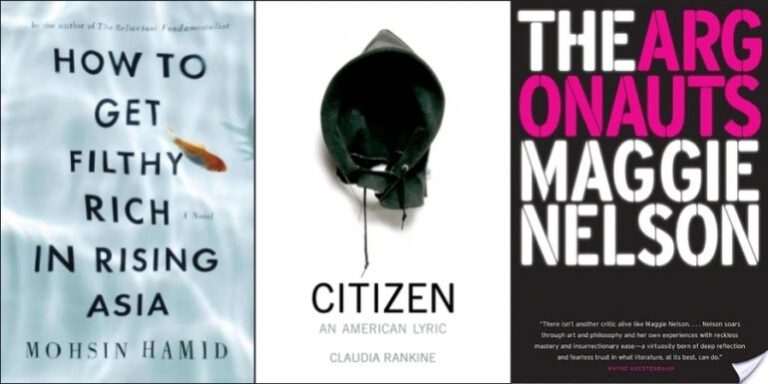A Lucky Man by Jamel Brinkley
In A Lucky Man, Jamel Brinkley’s stunning debut collection, the stories are not formally linked, and yet they are, implicitly, by their beautiful prose, by their intimate gaze at character, by their focus on black men, by their setting in New York City.








